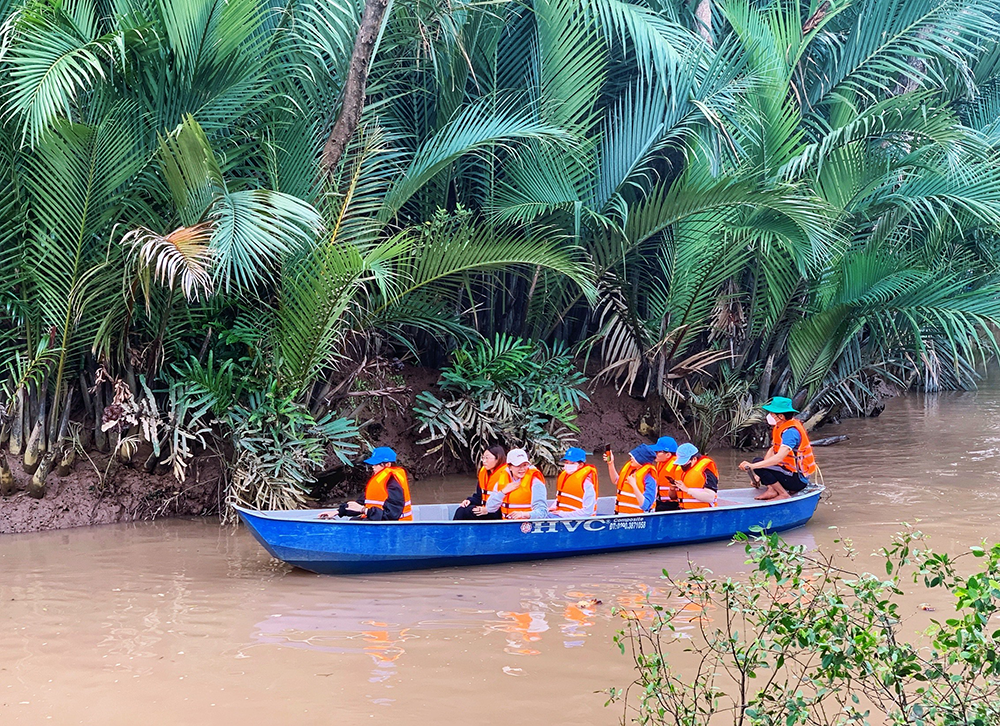
Students visit and learn about the forest ecosystem at Cu Lao Dung. Photo: KIEU MAI
In October 2025, 60 students from the Faculty of French, Ho Chi Minh City University of Education had a sightseeing and study trip in Can Tho. The 3-day, 2-night journey "Can Tho - Road to the Net Zero" with many diverse destinations to experience: learning about agriculture , forest ecosystems in Cu Lao Dung, indigenous culture at community tourism sites, the pagoda system of the Kinh - Hoa - Khmer ethnic groups or local folk art forms...
Student Le Thi Van Nhi, majoring in French Language, shared: “When visiting Muni Rangsay Pagoda, I felt the richness of history and culture and gained new knowledge about the architecture of pagodas, language, community activities, dances... The journey had many unique experiences about traditional folk art forms. We got to watch and learn, from writing lyrics to performing.” The program also created a space for students to directly interact with artisans and local people. Student Luong Bao Giang, majoring in French Language Translation and Interpretation, shared: “I am very happy to have the opportunity to directly interact with local people, meet everyone and be enthusiastically taught local dances.”
Mr. Nguyen Trung Tien, from the Four-Faced Pagoda Cultural and Arts Club (Thuan Hoa Commune), the unit that performed and shared Khmer dances with the delegation from Ho Chi Minh City University of Education in Cu Lao Dung, said: “This is the first time we have performed with tourists in Cu Lao Dung and we are very happy to be able to introduce our ethnic culture to young people. I hope that there will be more tourist groups, especially students, coming here to exchange and promote the culture of the local community.” According to Mr. Nguyen Trung Tien, to make it easier for tourists to access, the Club introduces Romvong dance - a popular, long-standing dance associated with the community life of the Khmer people, often performed in traditional festivals. This dance is easy to learn and easy to remember for tourists.
Mr. Ly Duy Huynh, Head of Marketing Department, in charge of product development management, Haiau Educursions, shared: “In the 3-day-2-night Can Tho program that Haiau Educursions accompanies with Ho Chi Minh City University of Education, we combine education , culture, agriculture and environment with the goal of sustainability. In which, we focus on the indigenous cultural element. We choose practical, close methods that easily arouse curiosity and create an interesting space through dances, direct exchanges with the community and artisans”. Throughout the journey, there will be a “passport” marking cultural highlights and destinations; helping students study and do exercises, practicing practical skills.
Dr. Vu Triet Minh, Lecturer of the Faculty of French, Ho Chi Minh City University of Education, Head of the delegation, said: “This trip to Can Tho is one of the activities in the program “Enhancing sustainability in teaching and researching tourism towards sustainability” sponsored by the International Organization of Francophone (OIF). The program does not stop at sightseeing, but is an in-depth experience of the local tourism community, helping students gain a deeper understanding of sustainable practices. We bring students closer to indigenous life and nature, learn about mangrove forests, local communities, and interact directly with residents.”
Throughout the journey, students have practical exercises, tasks on tour guide, management, explanation... which are built by the school and Haiau Educursions in close connection with reality. For example, in the practice of explaining the culture of the Southwest, with diverse topics on the flood season, Khmer community culture, ancestor worship, rice civilization... students will have teachers and tour guides exchange knowledge and real-life situations encountered.
Student Hoang Trung Hai, majoring in Tourism, said: “This journey helps me know and learn about the culture of my country. We have practical experiences to deeply understand and update our knowledge, practice our skills. From there, we are more confident when introducing and promoting to domestic and foreign tourists.” Student Phan Ngoc Anh Thu, majoring in Translation and Interpretation, said: “This is an opportunity for us to learn more about community tourism, understand local culture, lifestyle, dishes, dances... In addition, we also experience cuisine, learn to make local folk cakes. This is valuable material in our learning journey.” Ms. Pham Thi Then, an artisan who teaches making folk cakes in Cu Lao Dung, said: “I have been making cakes for more than 40 years, and now I am very happy to meet the children who come to learn. There are some local cakes that few people know, so this is an opportunity for me to instruct young people how to make them and introduce them to tourists near and far.”
Educational tourism is a direction that brings many benefits to all parties: schools, tourism businesses, and tourism communities. Not only does it create many in-depth, practical experiential products; educational tourism also contributes to creating a solid foundation for human resources, promoting the value of local resources and culture, creating economic benefits for all parties, and gradually contributing to promoting the development of local tourism in a sustainable direction. In Can Tho, there is still a lot of room to exploit educational tourism. From diverse natural ecosystems to Kinh - Hoa - Khmer cultural communities... allowing Can Tho to have diverse experiences and develop tourism in a sustainable direction.
AI LAM
Source: https://baocantho.com.vn/du-lich-giao-duc-gan-voi-phat-trien-ben-vung-a192852.html




![[Photo] President Luong Cuong holds talks with South African President Matamela Cyril Ramaphosa](https://vphoto.vietnam.vn/thumb/1200x675/vietnam/resource/IMAGE/2025/10/23/1761221878741_ndo_br_1-8416-jpg.webp)
![[Photo] Prime Minister Pham Minh Chinh meets with South African President Matamela Cyril Ramaphosa](https://vphoto.vietnam.vn/thumb/1200x675/vietnam/resource/IMAGE/2025/10/23/1761226081024_dsc-9845-jpg.webp)
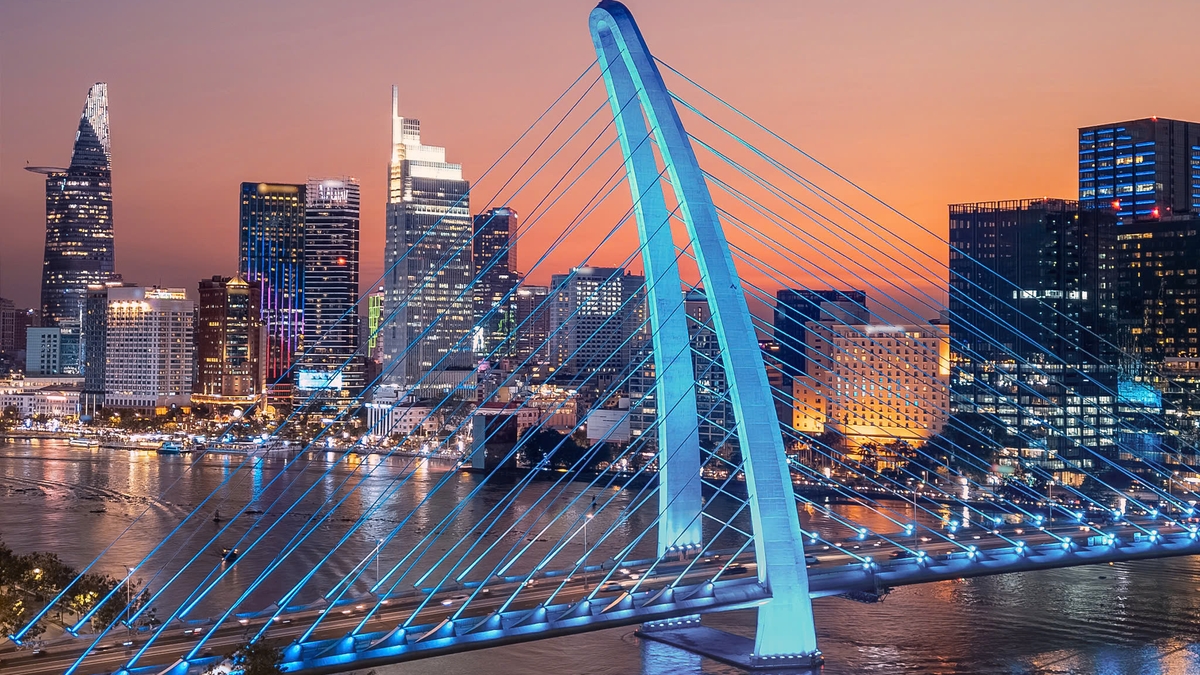

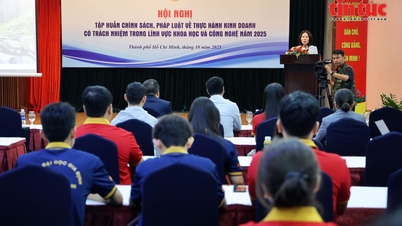

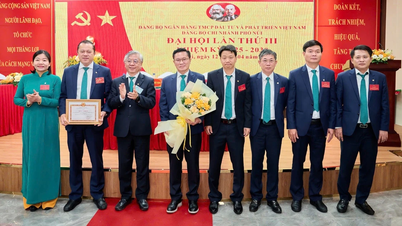

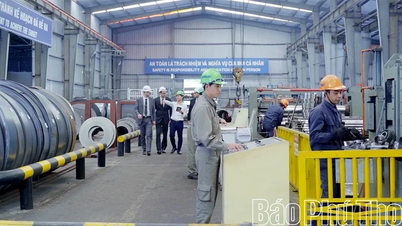

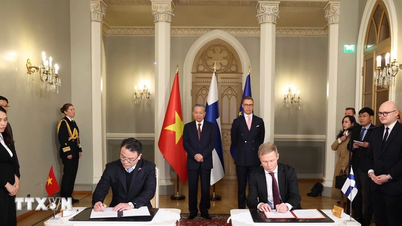

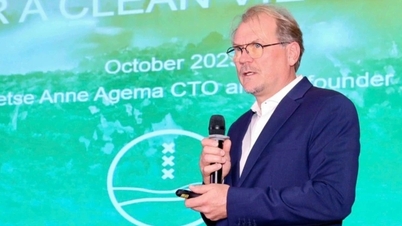

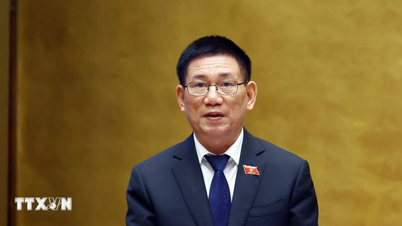
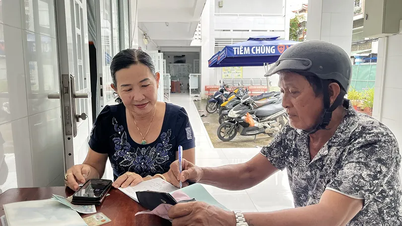
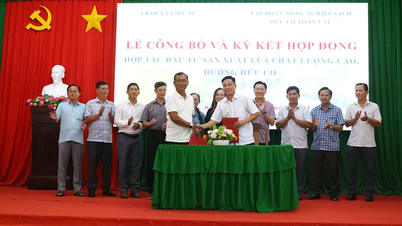
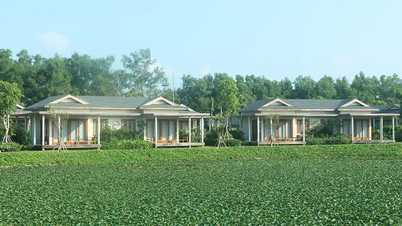
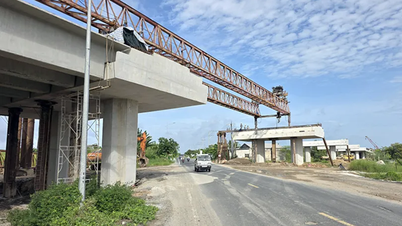
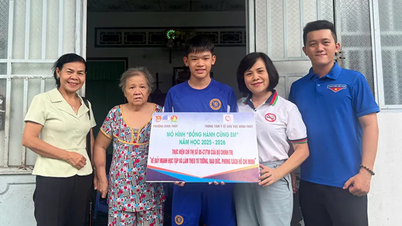
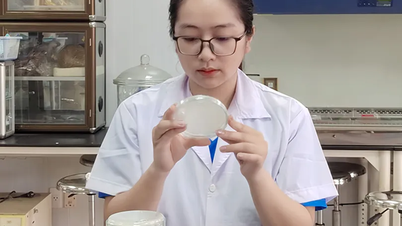




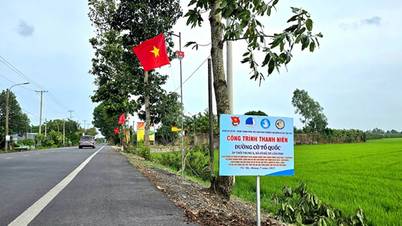
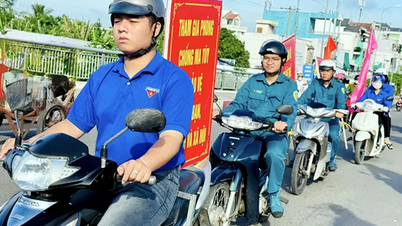
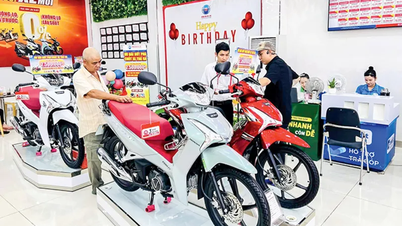
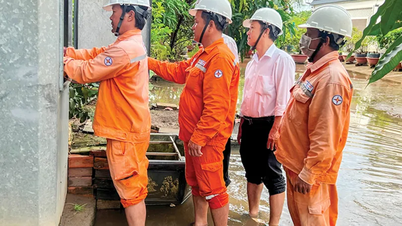
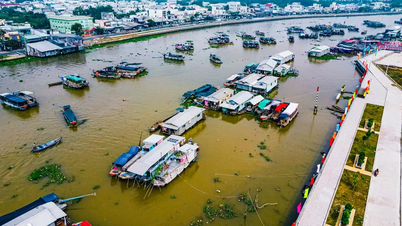

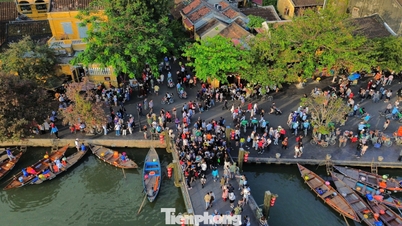

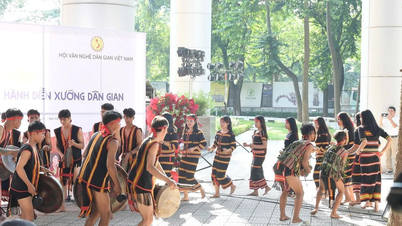







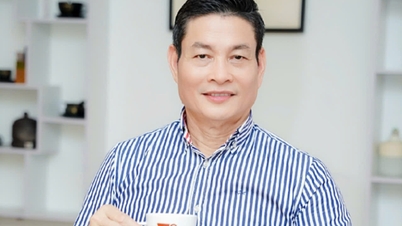

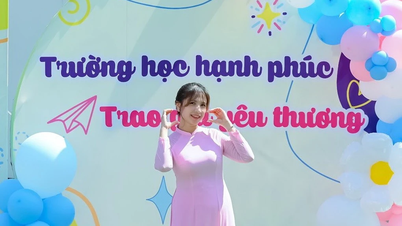











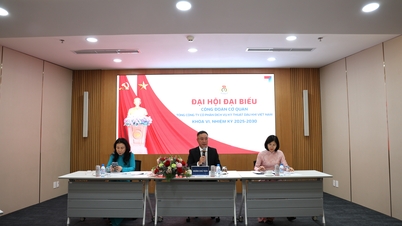



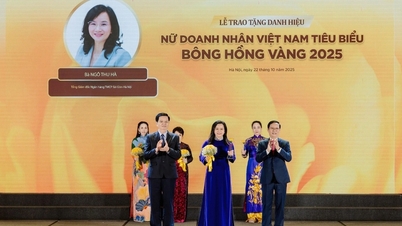






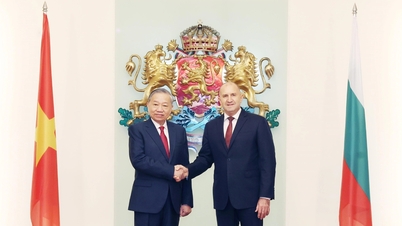


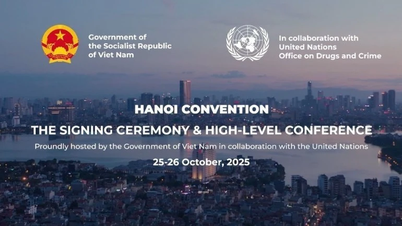
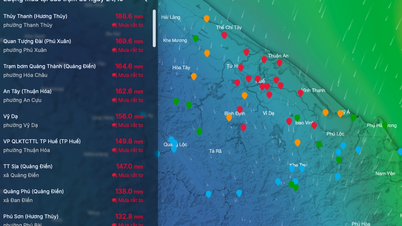
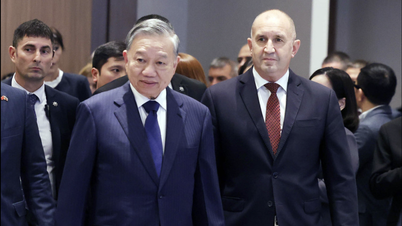
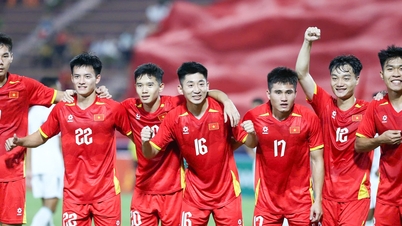
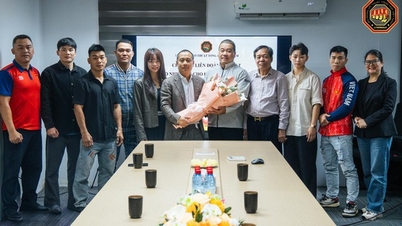

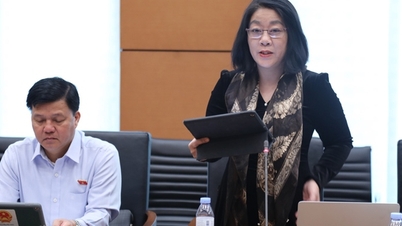
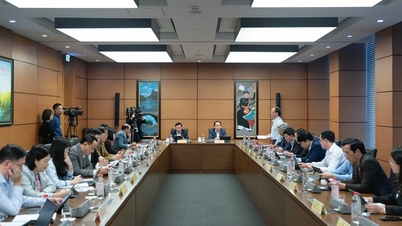
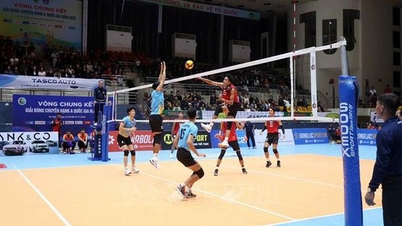

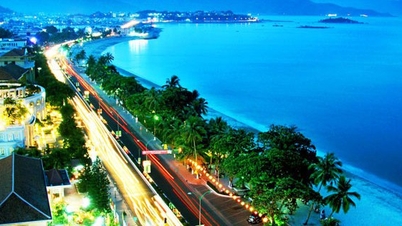
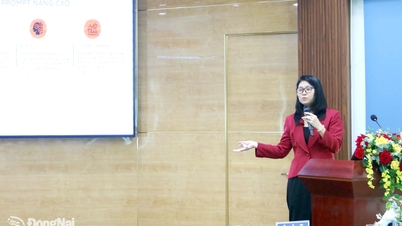

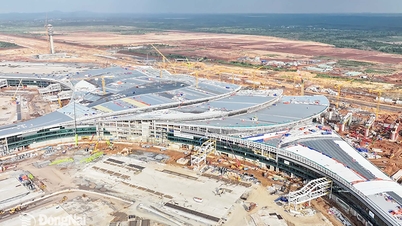
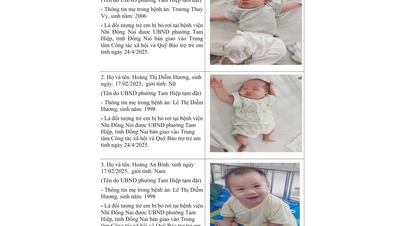
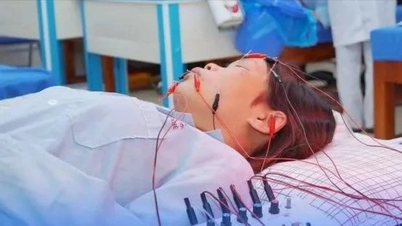

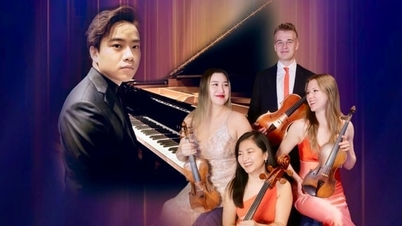

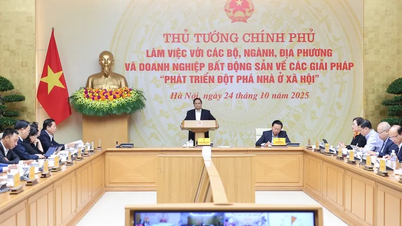
















Comment (0)